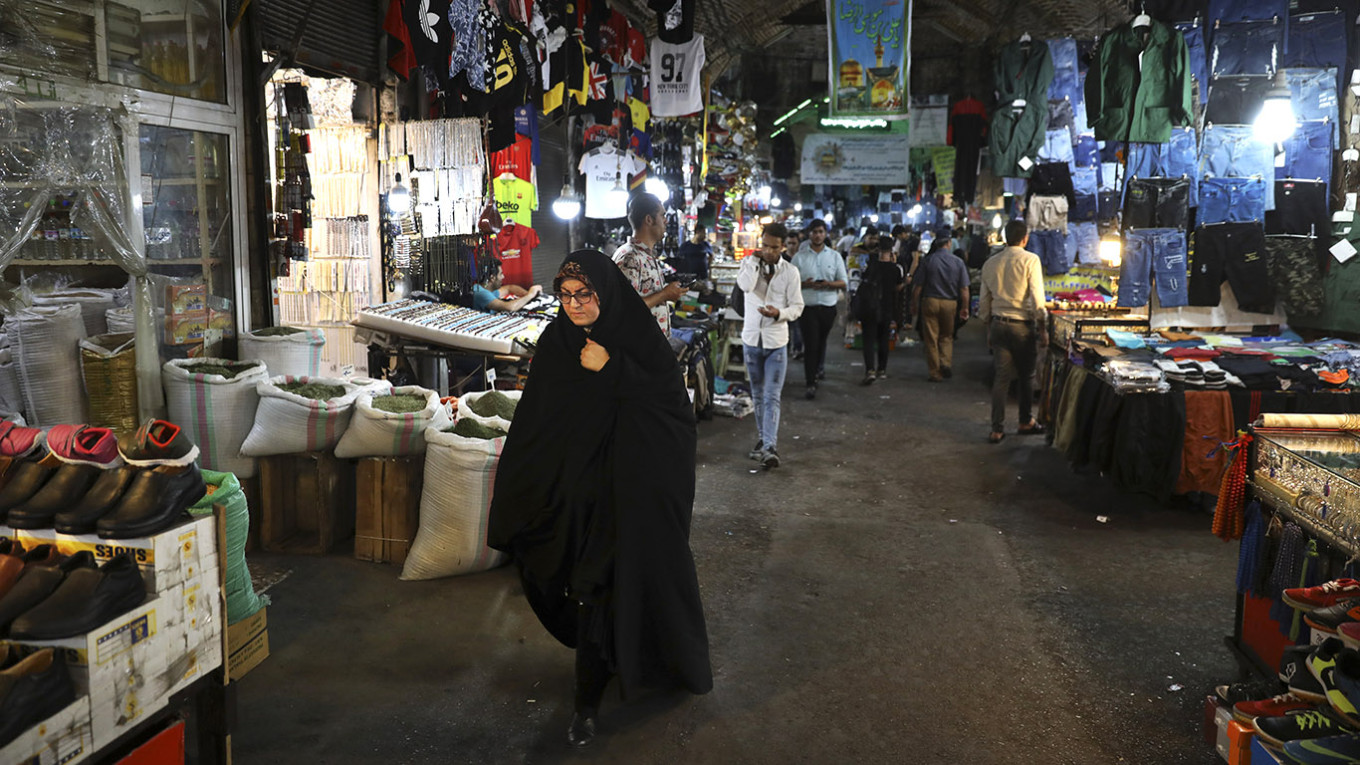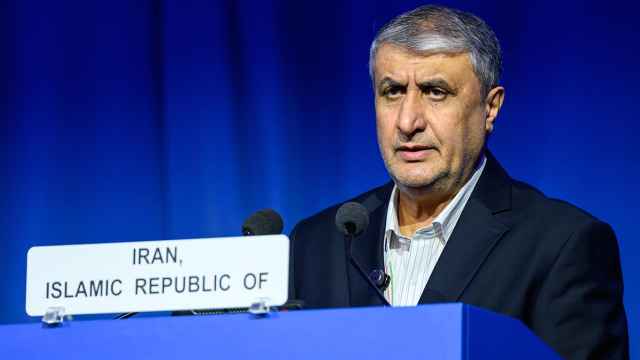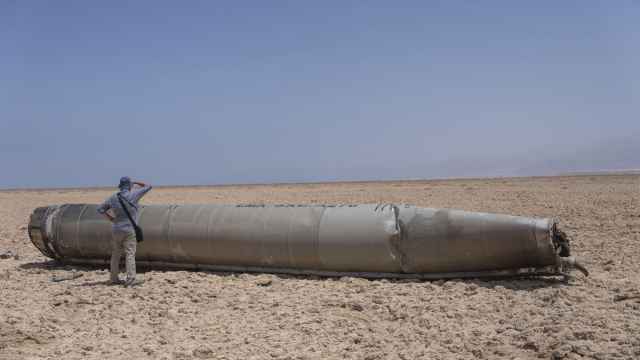The Russian-led Eurasian Economic Union (EEU) free trade deal with Iran went into effect on Thursday, paving the way for increased trade across sectors ranging from agriculture to metals, a senior Russian official said.
The EEU also includes Kazakhstan, Belarus, Armenia and Kyrgyzstan, but Russia is by far the largest economy in the union. Russia and Iran have grown closer in recent years, and trade between the two countries, both heavily sanctioned by the West, grew by 16% to $4.8 billion last year.
Moscow and Tehran signed a 20-year strategic partnership agreement in January. The two countries have supplied each other with weapons, and Russia has defended what it says is Tehran's right to peaceful nuclear energy.
"Over the past decades, Iran has protected its market by encouraging the development of its own competencies within the country, and for the first time in its history, has opened its market to goods from third countries," Deputy Prime Minister Alexei Overchuk told Russian news agencies.
He estimated that the average tariff applied by Iran to Russian goods under the deal will fall to 5.2% from the current 16.7%, saving Russian exporters about $300 million a year.
Iran's Oil Minister Mohsen Paknejad, who visited Moscow in April, stated that the free trade deal will increase bilateral trade to $6 billion. Iran was the third-largest buyer of Russian wheat in 2024.
Overchuk said that Russian exporters of rolled products, metal structures, pipes, paper, radar equipment, grains, sunflower, soybean and rapeseed oils, as well as sunflower seeds, are set to receive the most benefits from the deal.
The Kremlin said Wednesday that Russian President Vladimir Putin has an invitation to visit Iran, but the dates have not yet been agreed upon.
A Message from The Moscow Times:
Dear readers,
We are facing unprecedented challenges. Russia's Prosecutor General's Office has designated The Moscow Times as an "undesirable" organization, criminalizing our work and putting our staff at risk of prosecution. This follows our earlier unjust labeling as a "foreign agent."
These actions are direct attempts to silence independent journalism in Russia. The authorities claim our work "discredits the decisions of the Russian leadership." We see things differently: we strive to provide accurate, unbiased reporting on Russia.
We, the journalists of The Moscow Times, refuse to be silenced. But to continue our work, we need your help.
Your support, no matter how small, makes a world of difference. If you can, please support us monthly starting from just $2. It's quick to set up, and every contribution makes a significant impact.
By supporting The Moscow Times, you're defending open, independent journalism in the face of repression. Thank you for standing with us.
Remind me later.







